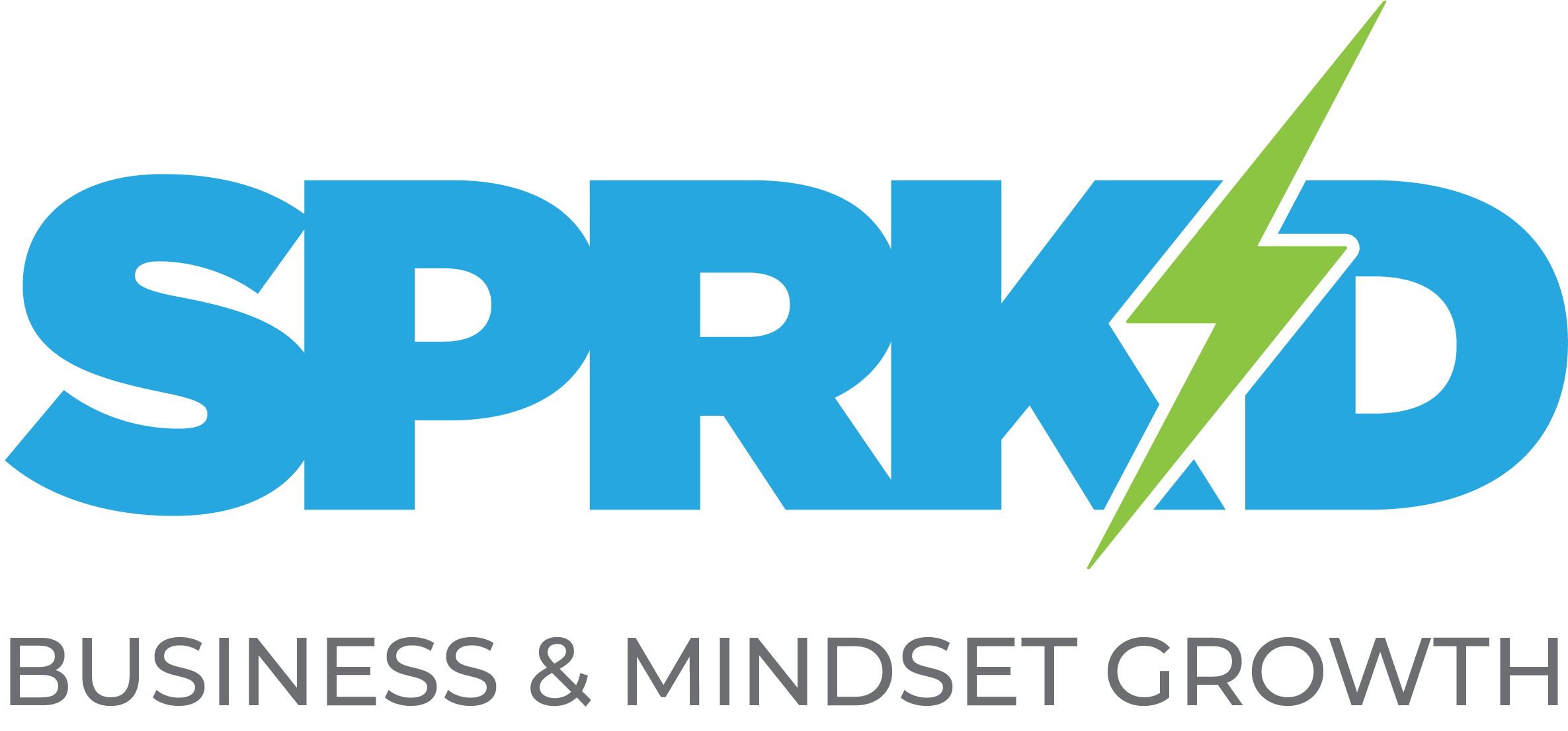Build a business you love to lead. Create the life you want.
Absolute Links vs. Relative Links: Which Has More SEO Value?
 The debate between absolute links and relative links continues to live on in the SEO world. Each type has specific purposes and benefits, but it is widely regarded that absolute links provide better SEO value on the whole compared to relative links.
The debate between absolute links and relative links continues to live on in the SEO world. Each type has specific purposes and benefits, but it is widely regarded that absolute links provide better SEO value on the whole compared to relative links.
A lot of folks in the industry believe that absolute links have less potential for getting messed up when search engines index your page.
Absolute links don’t have the same risks for hurting your domain and authority like relative links do.
Theoretically, it shouldn’t really make a difference whether you use relative or absolute links, but lots of experts have come to the conclusion that absolute links minimize issues related to SEO. Relative links, unlike absolute links, are often not set up properly to re-direct to one main URL. This dilutes the power of backlinking and the authority of your domain, hurting SEO.
Furthermore, content scrapers and RSS services may ‘repurpose’ your content legitimately (or not) when you use relative links. Relative links expose you to damaging behavior online. In either case, shouldn’t a proper backlink be attributed to your site?
Well, this situation and the other benefits favors absolute links.
So, what exactly do absolute links bring to the table that relative links don’t?
The Case for Absolute Links
While absolute links tend to be the best option, relative links have their purpose and benefits. They exist for a reason.
And, not only do they exist but they are routinely used (mostly by web developers) for a number of reasons. Namely, for efficiency and for the ability to leverage staging environments.
- Efficiency
Relative links cut down the length of the entire URL because they don’t include the website domain in the link, unlike absolute links. The domain name is not necessary, and that’s why relative links exist. So, developers started taking advantage of this when building websites. I mean, developers sometimes have to code thousands of pages to build a website so cutting down on the amount of code and repetitiveness makes them much more efficient. It’s a widely used practice, and understandable too. Relative links remove the redundancy of having to type out the website domain with every link.
- Staging environments
The other big benefit of relative links is also related to web development. Relative links let developers leverage staging environments that are often on the website’s own domain. The entire ‘live’ website is replicated on the staging side of the domain. So, you can have the same website on a staging and a production URL. This means developers don’t have to create a different staging website or recode all the URLs when they are making changes, updates, or testing. Relative links allow staging environments that are on the website’s domain to work alongside the production website, so it’s easier to manage and change your website.
The benefits of absolute links definitely outweigh the two pros of using relative links.
Efficiency and the flexibility to configure your website with ease are great. But, like many things, having more efficiency tends to have a downside.
In the case of absolute links vs. relative links the downsides of improved efficiency for web developers can be very damaging for your website.
Absolute links minimize risks of damaging SEO and actually protect your website and business. Absolute links are the way to go if you want to continually improve your SEO and maintain it in healthy standing.
Neutralize Scapers
When you use absolute links scrapers can not simply grab your whole website and put it on a new domain.
If you use relative URLs, on the other hand, scrapers can scrape the entire website, put it on a new domain, and the ‘new’ website would work. Just like that.
Absolute links have an added complexity that gives your business and website protection from that type of (sketchy) practice.
So, while there may be efficiency benefits on the development side by using relative links you also put your business at risk. Absolute links defeat scrapers and protect all the time you’ve spent building your website. The devil is in the details, they say, and in this case the added layer of detail keeps the scapers away.
Help Google Ignore Duplicate Content
The biggest benefit of using absolute links on your website is probably that it minimizes any issues related to having ‘duplicate’ content online. Or, in other words, absolute links make sure Google doesn’t have to decipher between different URLs on your website to pick out the original content.
The big problem with relative links is that most of the time they are not properly set up to redirect to the main URL.
When that’s the case, your website basically has multiple different live domains.
When you use relative links and they don’t all redirect to the same main URL, Google can get into your website from any of the relative links you are using. So, for Google, the different URL’s actually represent different websites. Google reads four different domains.
Now, this doesn’t actually end up in a duplicate content penalty. Many folks think that this immediately leads to a duplicate content penalty, but in fact, that’s not the real issue here.
The problem is that you are diluting the power of your own links and domain.
When you have relative links that lead to multiple different domains, anybody can grab any of the different types of links when sharing your content and pages.
That’s great that you are getting backlinks, but instead of consolidating all that authority to one domain you are diluting it between multiple URLs.
This is terrible for your SEO and can be easily avoided by using absolute links. You can take absolute control here and completely mitigate any issues of diluting your authority.
Absolute links are king here. You want to make sure that your SEO is actually optimized to its full potential, and when you use relative links you are exposing your website to big SEO issues (caused by minor details that are often very hard to spot). That’s why absolute links are worth the extra effort. Don’t hurt yourself by choosing efficiency. Every link shared is valuable for SEO, and taking advantage of this is simple by just going with absolute links every time.
Recent Posts
UNLOCK YOUR POTENTIAL IN 30 MINUTES
👀 Seeking efficient solutions to the business, marketing, or mindset challenges you face?
🚀 Ready to take your business to the next level?
⏰ Short on time?
QuickWin Coaching is designed with you in mind. Why waste hours in lengthy coaching sessions when you can achieve remarkable results in a mere 30 minutes?




